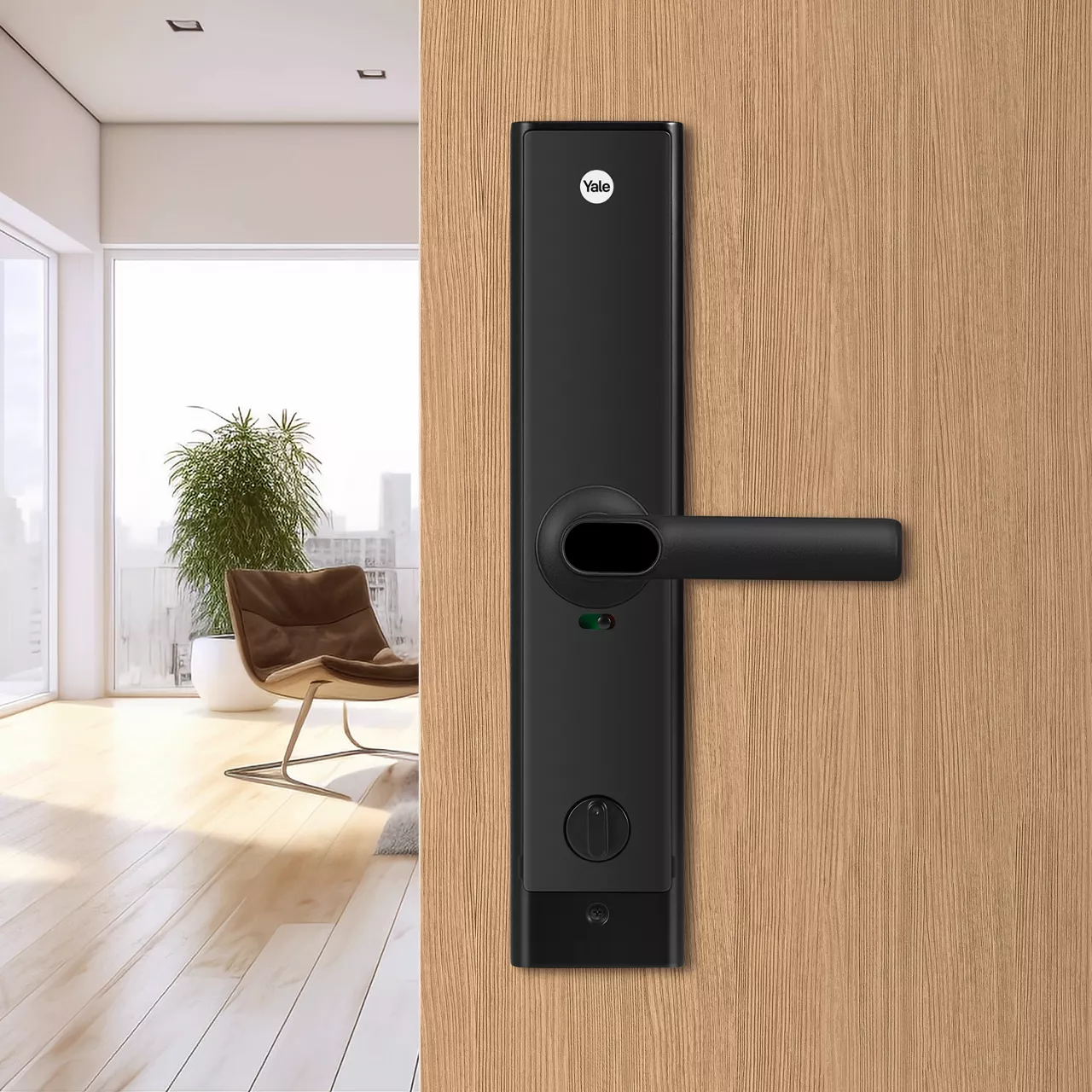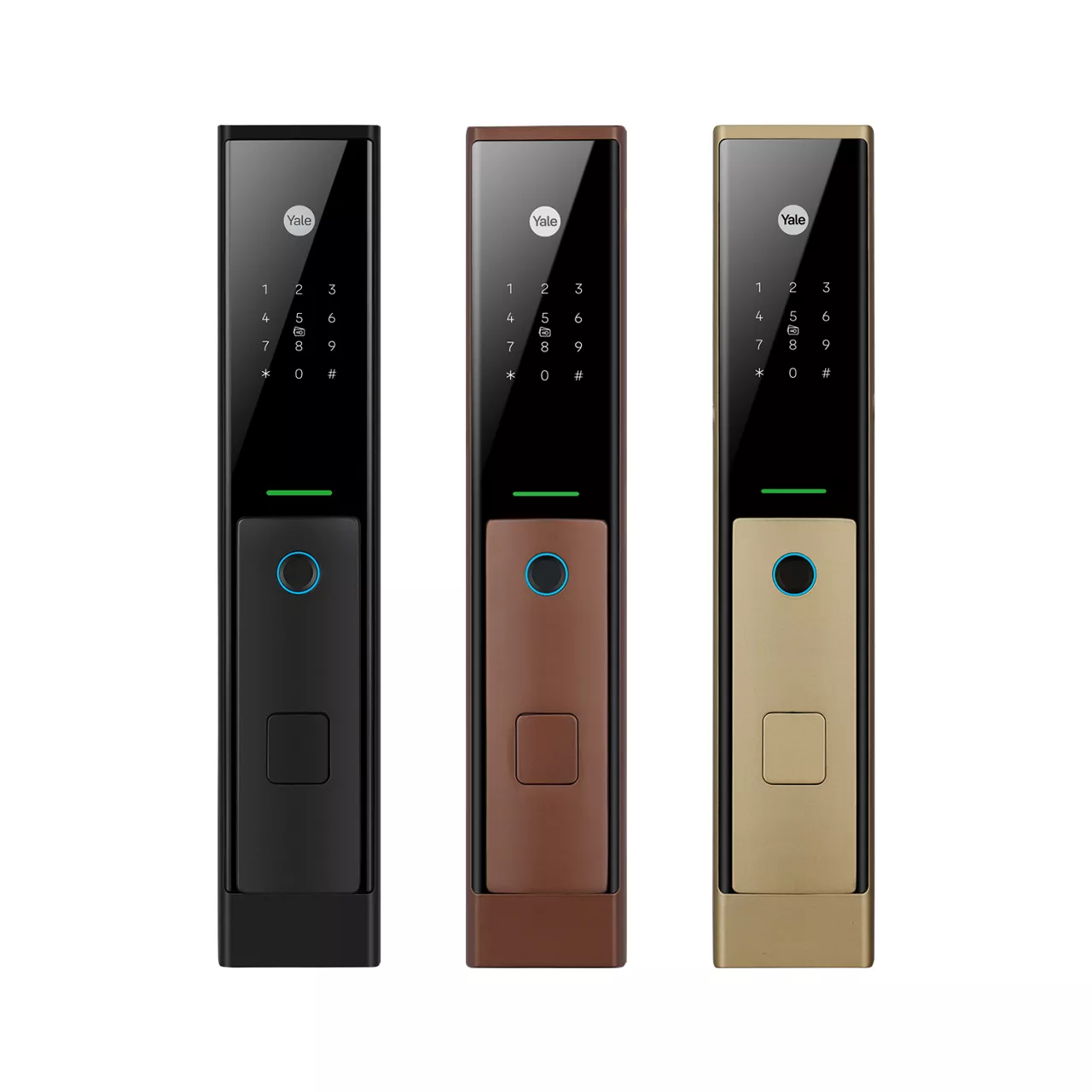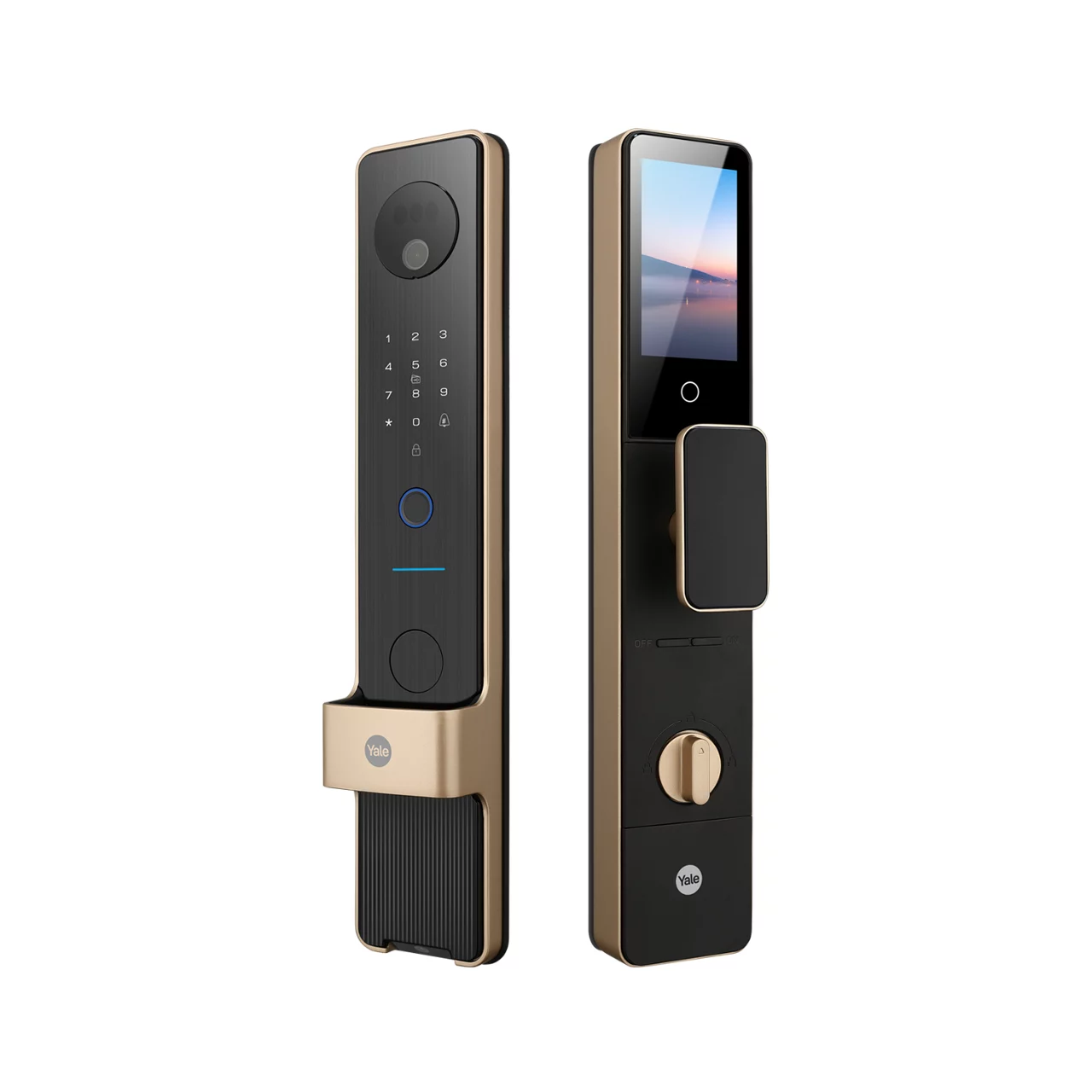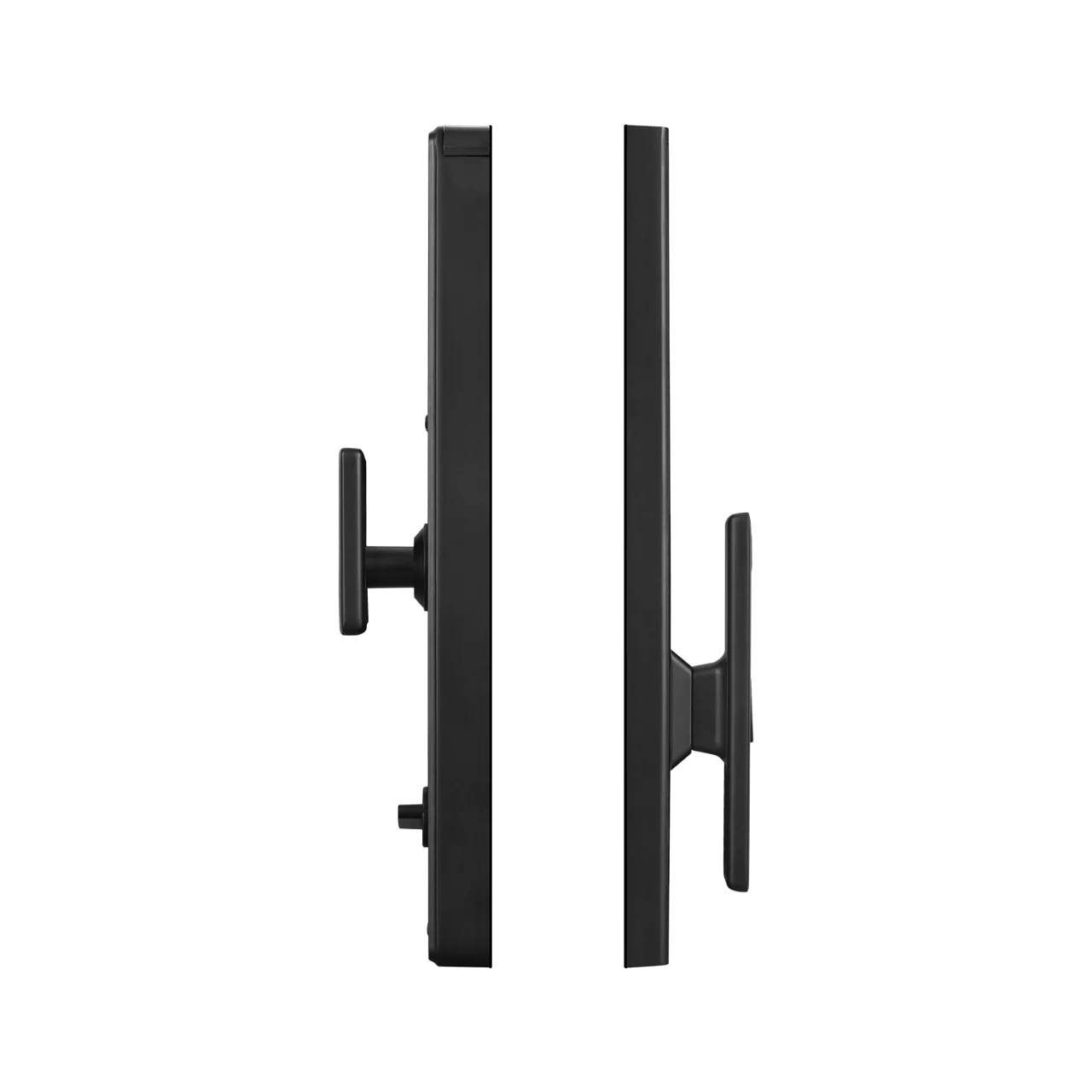With the advancement of technology, smart locks are gaining attention due to their convenience and security. This article will analyze the pros and cons of smart locks from five aspects: security, convenience, cost, compatibility, and user experience to help you make an informed decision.

Security
1. Anti-theft Ability
Smart locks offer superior anti-theft capabilities compared to traditional mechanical locks. They feature multiple security measures, such as passwords, anti-peeping design, fingerprint recognition, etc., effectively preventing forced entry.
2. Remote Monitoring
Smart locks support remote monitoring, allowing users to check the lock's status via a mobile app and remotely unlock the door, enhancing home security.
3. Prevention of Duplication
Smart locks' fingerprint, password, and other technologies reduce the risk of duplication. Fingerprint recognition, in particular, is nearly impossible to replicate.
Convenience
1. No Need for Keys
With smart locks, there's no need to carry keys. You can unlock using a fingerprint, password, or mobile app, which is especially useful for those who often forget or lose their keys.
2. Remote Unlocking
You can remotely unlock the door via a mobile app, making it convenient for family, friends, or in emergency situations.
3. Temporary Passwords
Smart locks often support temporary passwords, allowing visitors to enter without needing an app, making it convenient and secure.
Cost
1. Purchase Cost
Smart locks are more expensive than traditional locks, with prices varying based on brand and features.
2. Maintenance Cost
They require regular battery replacements, and electronic components may need repair or replacement, which can result in higher maintenance costs.
3. Installation Cost
The installation process is more complex and typically requires professional help, making installation costs higher than traditional locks.
Compatibility
1. Compatibility with Door Types
Some older or special door types may not be directly compatible with smart locks and may require modification, increasing installation difficulty.
2. Smart Home Integration
Smart locks can integrate with other smart home devices, such as doorbells, cameras, etc., improving the overall smart home experience.
3. Network Requirements
Smart locks require a stable home network for remote control and monitoring. Unstable networks may affect the user experience.
User Experience
1. Ease of Use
Smart locks offer multiple unlocking methods, such as fingerprint, password, and app control. The interface is typically simple, making it easy for users to operate.
2. After-Sales Service
Well-known brands usually provide comprehensive after-sales service, including installation guidance, technical support, and maintenance, ensuring a smooth user experience.
3. Reliability
While smart locks offer multiple security features, technical issues or battery depletion can cause the lock to fail. It’s important to choose reliable brands with good reviews.
Smart locks, with their high security, convenience, and modern design, are becoming increasingly popular in home renovations. Although they come with higher costs and require consideration of compatibility and network requirements, their advantages outweigh the disadvantages. When deciding whether to install a smart lock, consider the following:
- Budget: Choose a smart lock within your budget, avoiding low-cost or poor-quality options.
- Needs: Select a smart lock that suits the needs and habits of your household members.
- Brand and After-Sales Service: Choose reputable brands that provide solid after-sales service.
- Home Network: Ensure your home network is stable for optimal remote functionality.








